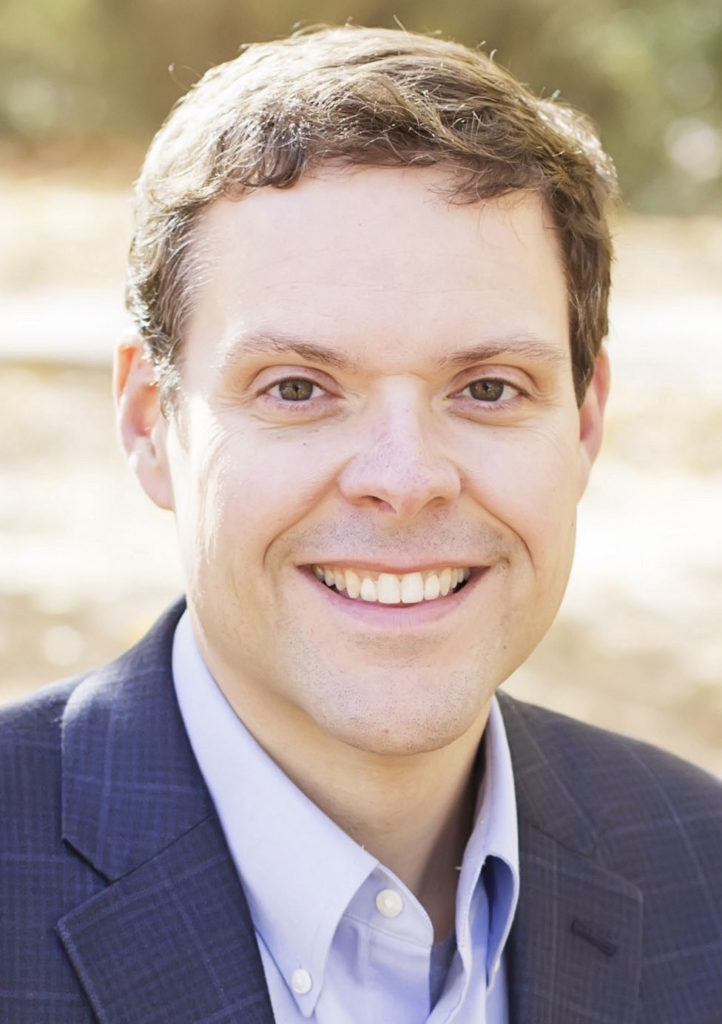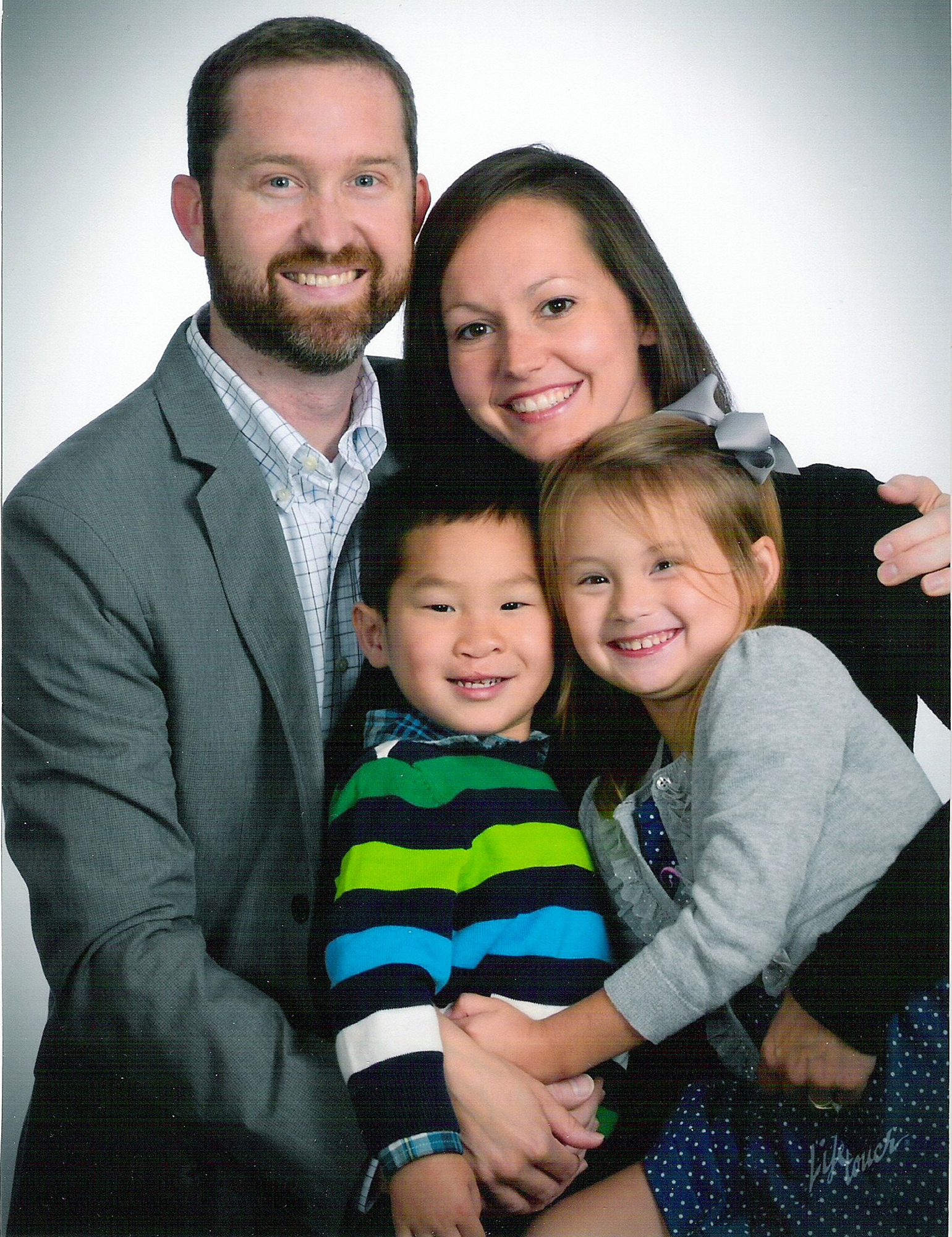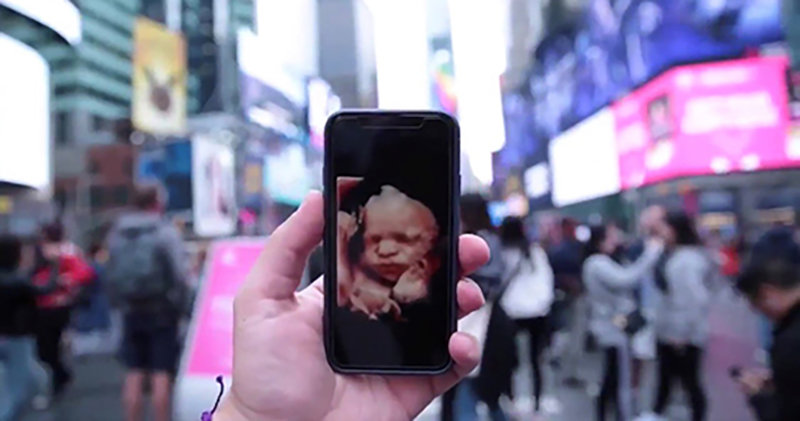

Editor’s note: Sunday, Jan. 19, is Sanctity of Human Life Sunday in the Southern Baptist Convention.
As our nation prepares for a new administration, it is impossible to ignore the influence these individuals will have not only on domestic policies but also on the world’s perception of America’s heart and values. The mission of the Department of Health and Human Services (HHS) is one area that offers a profound opportunity for leadership and attention. The department’s responsibility to protect the well-being of vulnerable children and families goes far beyond its association with public health. HHS must prioritize child protection.
Having been in this industry for several decades, I’ve seen that intercountry adoptions have plummeted to historic lows, signaling an alarming and heartbreaking retreat from America’s leadership in global child welfare. In 2008, about 8,200 international adoptions were completed, and by 2023, there were just over 1,200. This devastating statistic demonstrates that thousands of children are left without the hope of a permanent and loving home.
This decline is also symbolic of a broader shift in U.S. foreign policy from proactive engagement to reactive responses. American leaders once traveled the globe to fiercely advocate for children and build partnerships with nations to address systemic barriers. Today, our nation’s leadership in child welfare has been overshadowed by European countries stepping in to fill the gap. In China, the United Kingdom has assumed a leading role. In Haiti, Spain has become a key partner. Where the United States once stood firm, other countries have taken the lead in responding to the humanitarian crisis that affects orphaned and displaced children in Ukraine.
This trend is not irreparable. We can once again reclaim our role as a nation that tirelessly advocates for children, both at home and abroad. Restoring America’s authority and leadership in international child welfare requires a recommitment to proactive diplomacy. A great place to start would be with the Chinese embassy to complete the adoption of around 300 waiting families whose pending adoptions were put in jeopardy last year. HHS must prioritize working with the Department of State to rebuild relationships with nations to streamline intercountry adoption processes and ensure vulnerable children are not forgotten in the folds of bureaucracy and weakened diplomacy.
The Department of State can no longer be seen as the only arm of the American government concerned with global adoption. It is imperative that the Administration for Children and Families (ACF), under the umbrella of HHS, take an outsized role in advocating for future American citizens, made so by the gift of adoption.
Here at home, evangelical communities have profoundly shaped the landscape of child welfare. Across the nation, evangelicals lead the charge in caring for vulnerable children through fostering and adoption. These communities have demonstrated their willingness and ability to engage in transformative, long-term efforts to support children and families.
However, administrative barriers often hinder faith-based organizations and individuals from fully engaging in this critical work. Burdensome, unfair and excessive regulations and policies can dissuade families from fostering or adopting, as well as limit the effectiveness of organizations rooted in faith. Removing these barriers would unleash the full potential of faith-based organizations and communities to care for vulnerable children and support mothers facing unplanned pregnancies. These organizations are the ones that are ultimately going to make substantial changes for vulnerable children, mothers and families.
The incoming administration has the opportunity to champion a bold and pro-family vision for HHS that prioritizes:
- Child Protection Policies: Simplify and streamline adoption and foster care processes to help families provide loving homes for children.
- Proactive Diplomacy: Rebuild America’s leadership in intercountry adoption by addressing barriers and advocating for vulnerable children on the global stage.
- Support for Faith-Based Organizations: Create a society where faith-based organizations and families can engage freely and effectively in child welfare without compromising their values.
As child welfare advocates, we pray that President-elect Trump and RFK Jr. recognize their position at this pivotal moment in history and affirm a commitment to fighting for vulnerable children. Their leadership can restore America’s moral authority in child welfare domestically and globally. Child protection is more than legislation and policy. It ensures every child can thrive in a safe and loving environment.
We must embrace the opportunity before us to reestablish America as a lighthouse of hope for vulnerable children worldwide. Now is the time to restore our nation’s leadership and safeguard the most vulnerable among us.























